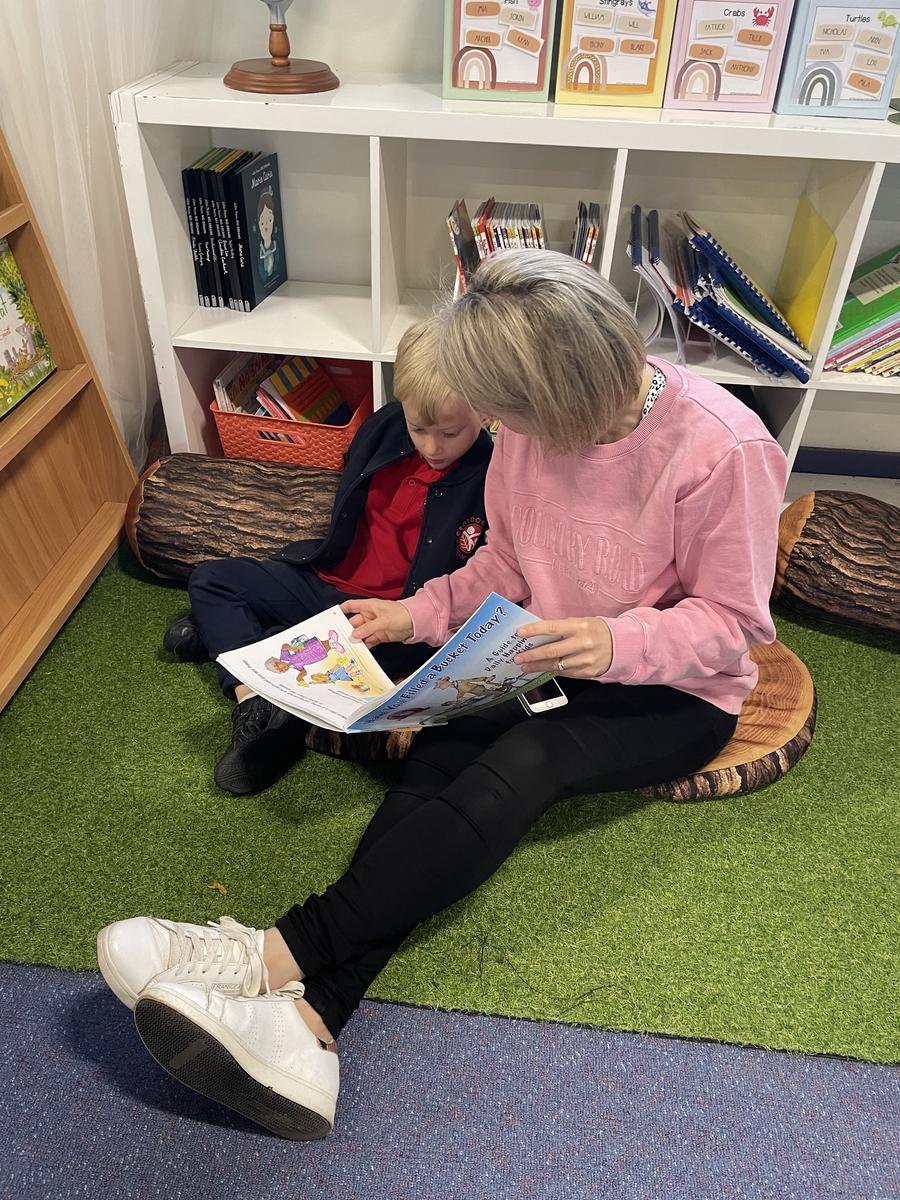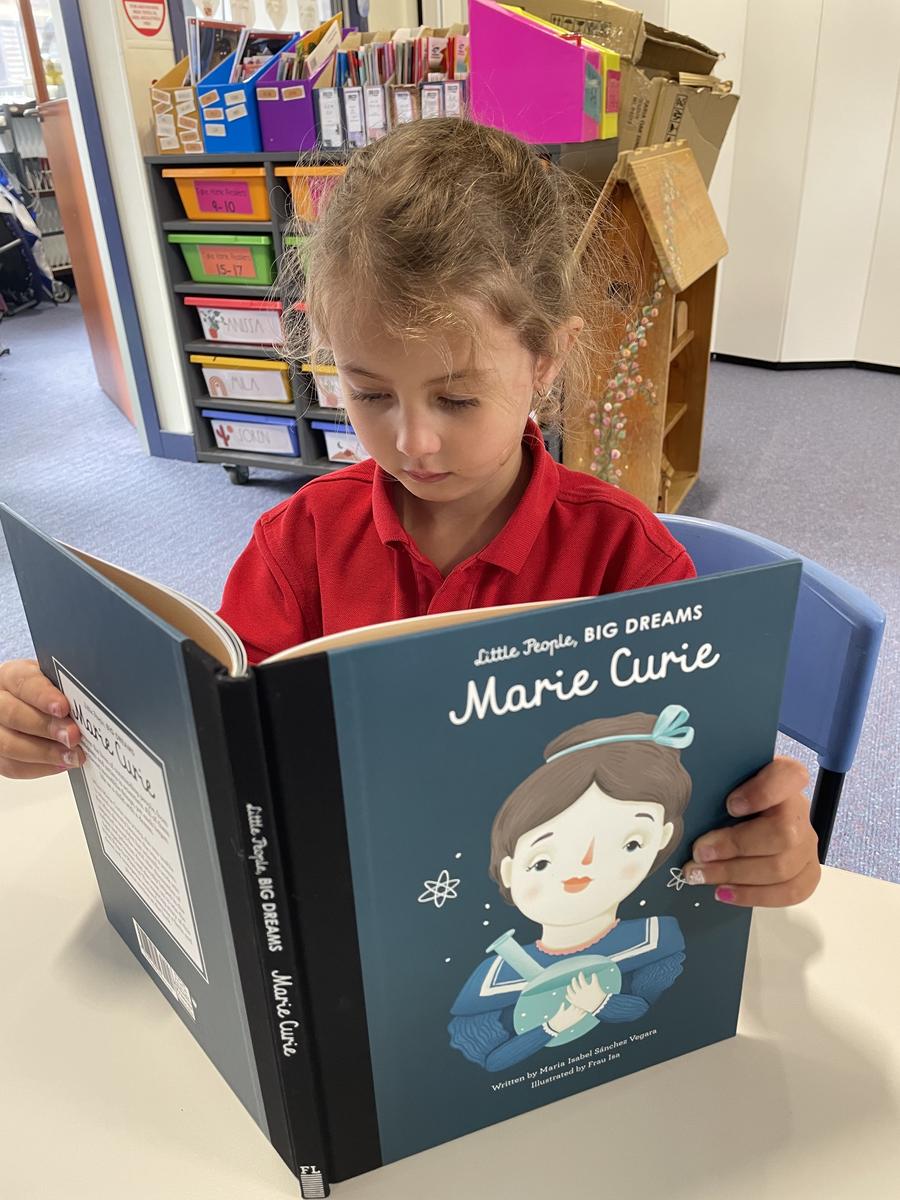
Assistant Principal's Page
Reading With Your Child
Reading is an important part of your child’s emotional and intellectual development. There are many benefits of reading daily with your child, including a strong research link between reading and academic achievement. Reading skills set your child up for success later in life in many ways.
Did you know?
Children who read for just 20 minutes per day may see up to 1.8 million words each year! (Depending on their reading pace).
Here are some tips on how you can help your child with reading.
- Set aside time daily to read to and with your child. This will help them with their:
- Reading comprehension
- Vocabulary skills
- Recognition of words that they already know
- Reading of unfamiliar words
- Fluency and expression when reading aloud
If your child is still learning to read, having a daily reading routine will show them that you value reading.
As your child does learn to read on their own, you can continue your daily or nightly story time together. Gradually shift the reading responsibilities to your child so that they are reading to you instead of the other way around. This will encourage them to read without your assistance, but allow them to do so in an environment where you are still able to help them to decipher unfamiliar or difficult words.
2. Help your children find books that interest them and they love
If your child appears to be uninterested in reading, it may not be because they do not like to read. The source of the problem could simply be that they do not like to read the books that they have.
Finding the right genre or type of story could be the key to finally sparking your child’s interest.
The more interested your child is in the subject matter inside of a book, the more excited they will be to read it.
Mysteries, science fiction, and adventure stories are particularly popular with young boys and girls with adventurous imaginations. If your child is wildly curious about animals, outer space, or construction machines, try providing them with material about those subjects. Reading a range of different types of stories helps children develop their comprehension of a range to texts.
3. Use reading examples outside of books
If your child is reluctant to read books, there are plenty of other reading options.
Here are a few techniques that you can try to encourage your child to improve and utilise their reading skills:
- If your child loves to help you make dinner, let them select a recipe from a favourite cook book and read the steps to you. (If you are modifying the recipe, this is also a great way to help your child to improve their matching skills!)
- Encourage researching topics that interest them on the internet, this might including football
- Encourage your child to read road signs, weather reports, store hours of operation, or emails from other family members.
Good luck and Happy Reading!
Amy Prior - Assistant Principal






